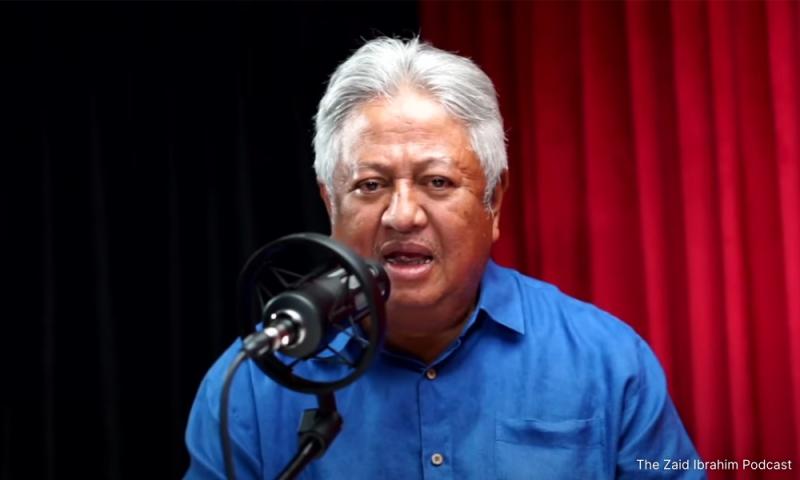I will be launching a new book on the Malay Left, published by SIRD in the Chinese language, on October 15. The launch presentation will comprise three dimensions namely,
1. The need for the re-writing of another book on the Emergency
The launch calls for the re-writing of another book because its present form and contents reveal that it lacks a wider perspective that the Emergency was in fact declared to address the breakdown of the British colonial capitalist political economy rather than to suppress the "communist insurgency".
It is not to say that the work itself lacks critical theoretical consideration and methodological orientation. Indeed, by virtue of it being selected as the only source for the Malaysian insertion in Blackwell's Encyclopedia of the Social Sciences in the Bibliography since 1500, it has proved itself a case par excellence in defining these concerns.
But a new book is necessary because the pivotal concern needs to shift to deliberate that it was the Left and other social forces under the leadership of the Malayan Communist Party that coordinated the resistance to capitalist domination and control of the colonial economy that led to political independence and peace.
The intrusion of the MCP into the trade union movement impressively resulted in the massive industrial action that went to the extent of the successful implementation of the nation-wide "Hartal" which sowed that the entire colonial political economy could be successfully stifled.
The importance and significance of the translation itself cannot be overemphasized. For the first time a major scholarly polemic has been made available to the Chinese readers that covers hitherto unprecedented material on the social history of Malaysia.
2. The importance of the translation itself.
There is no question that a serious work of this nature in Chinese is not only timely but long overdue. Apart from the fact that the scope of related works on the Emergency have been limited, even in English, there has been a tendency to publish material that is grossly one-sided and "glorifies" the policies and programs waged by the colonial government against the Malayan Communist Party in the battle for political freedom, and peace.
The work will therefore be most welcome since it will be filling a void in an area where there has been a great deal of interest, particularly at the present time, where there is much debate on the Emergency.
But most importantly the book offers the opportunity for Malaysians of Chinese descent to face up and to share the realities and other experiences of armed conflict that they coordinated and share against British rule.
The literature on the subject has been manipulated to reflect British military propaganda that distracted from the well organised and coordinated resistance among the main ethnic and racial groups in the country. In particular the documentation among the Chinese material is significant and makes a considerable impact on the total volume of the material available during the different phases of the revolt and revolution of the Emergency.




